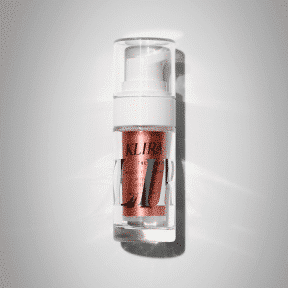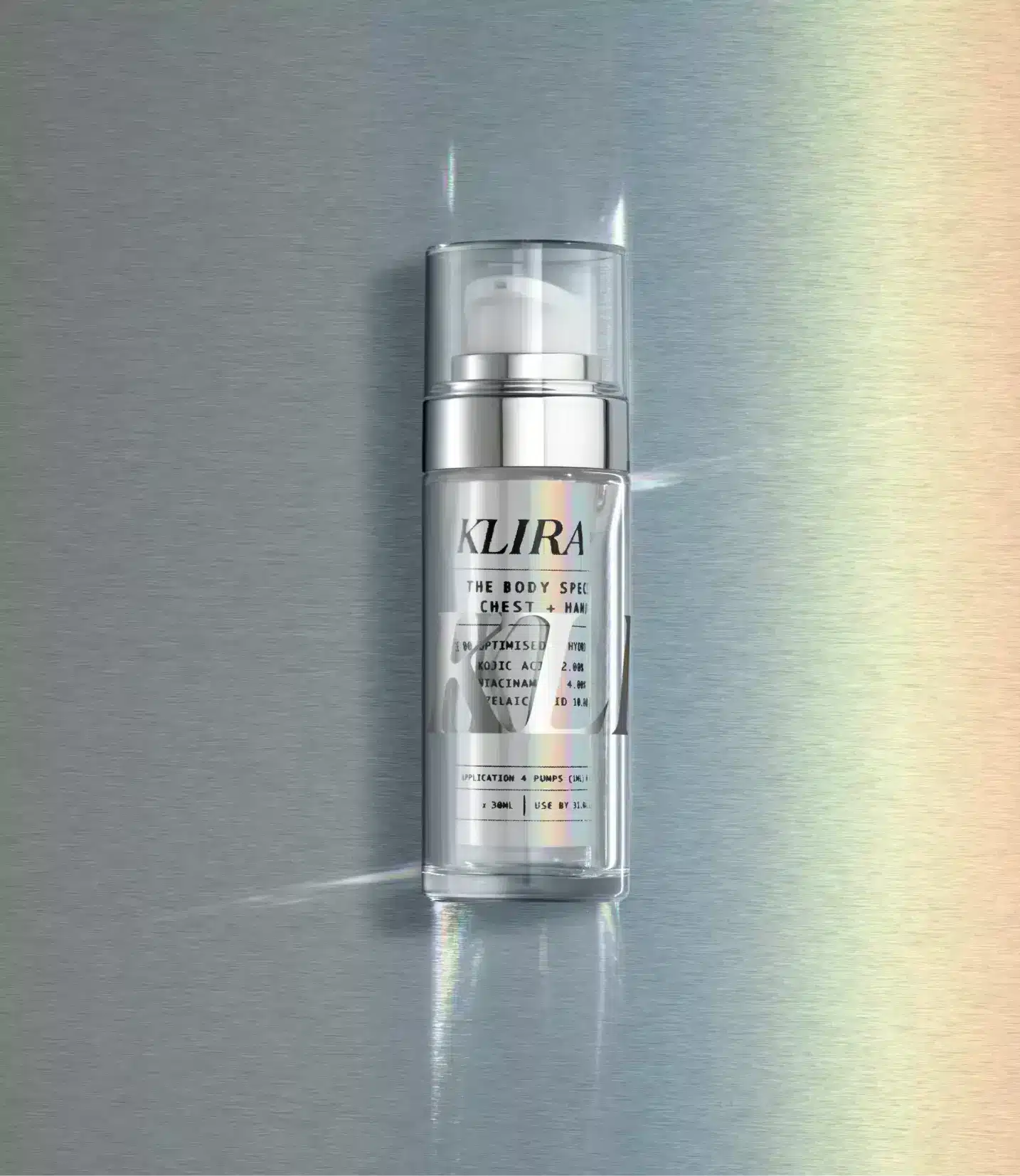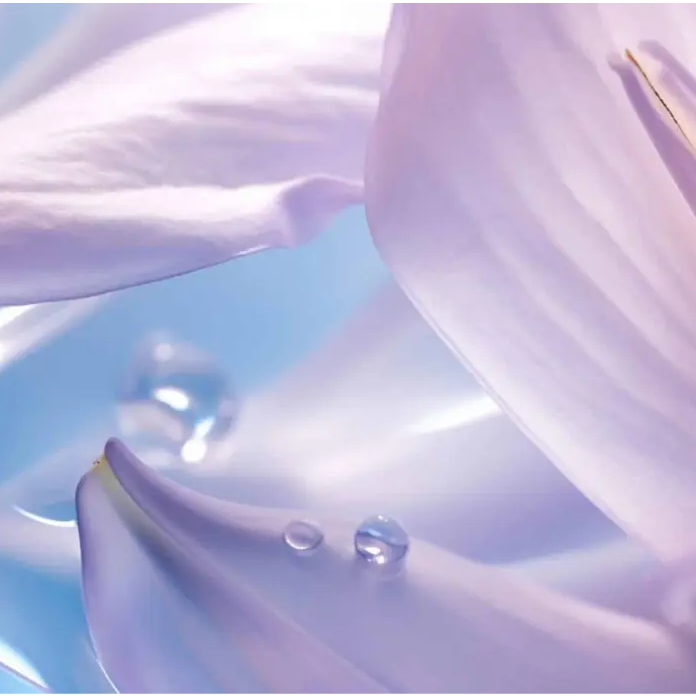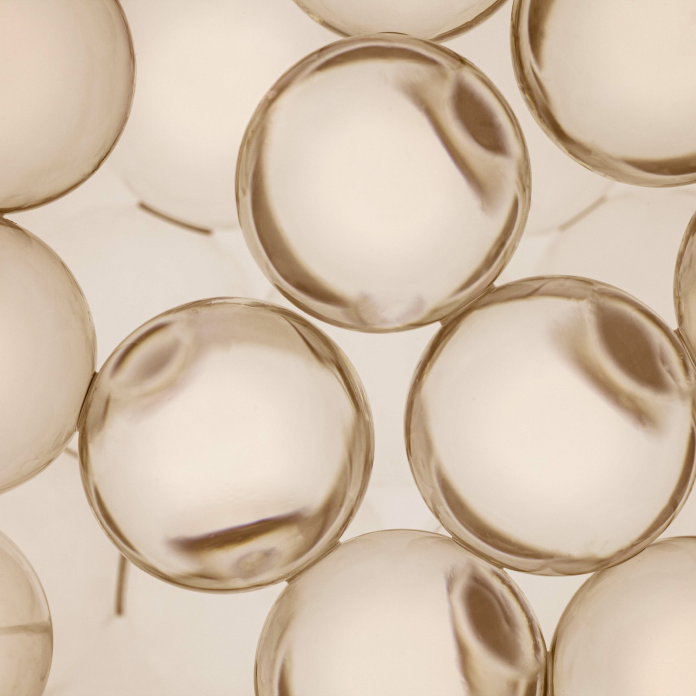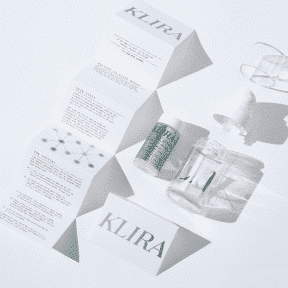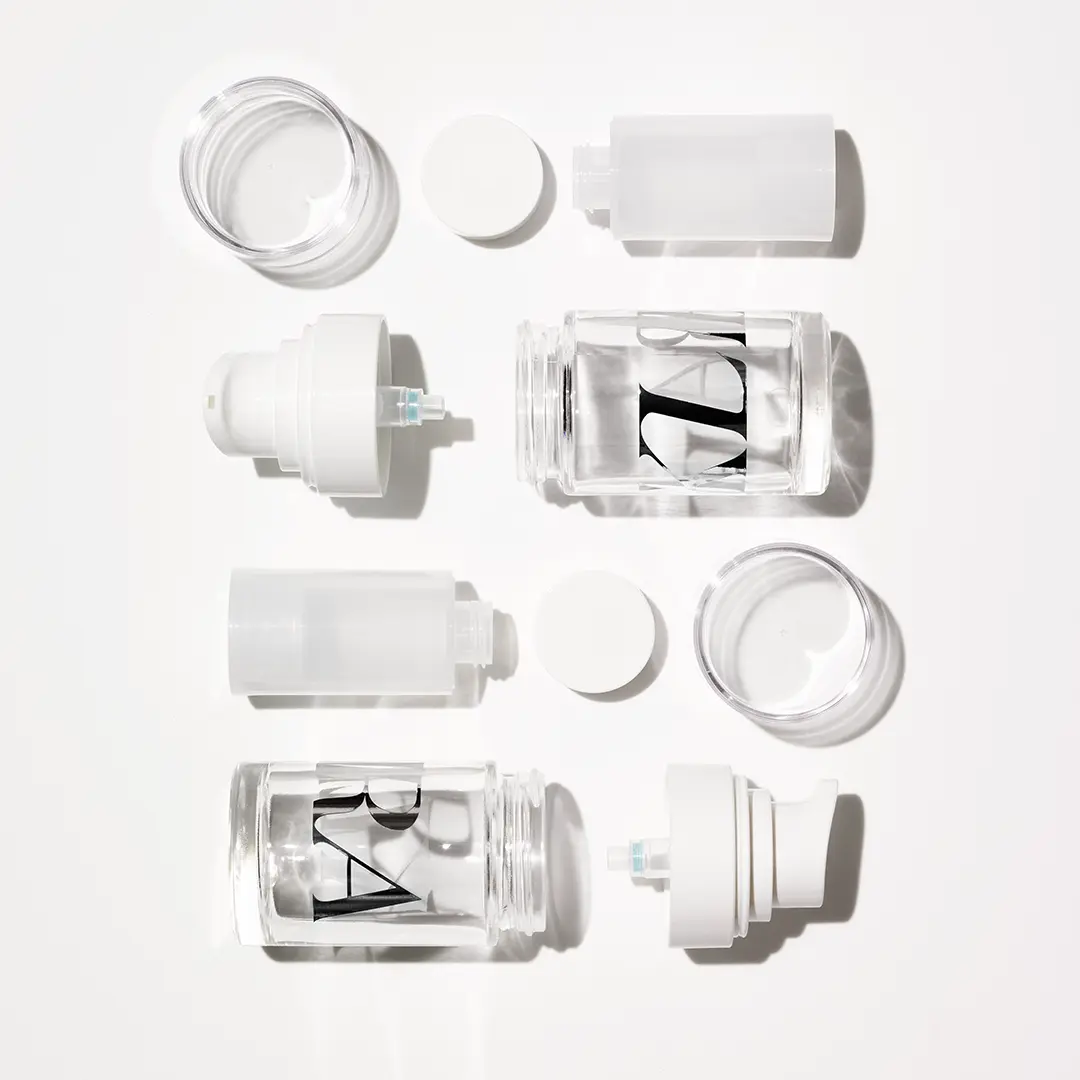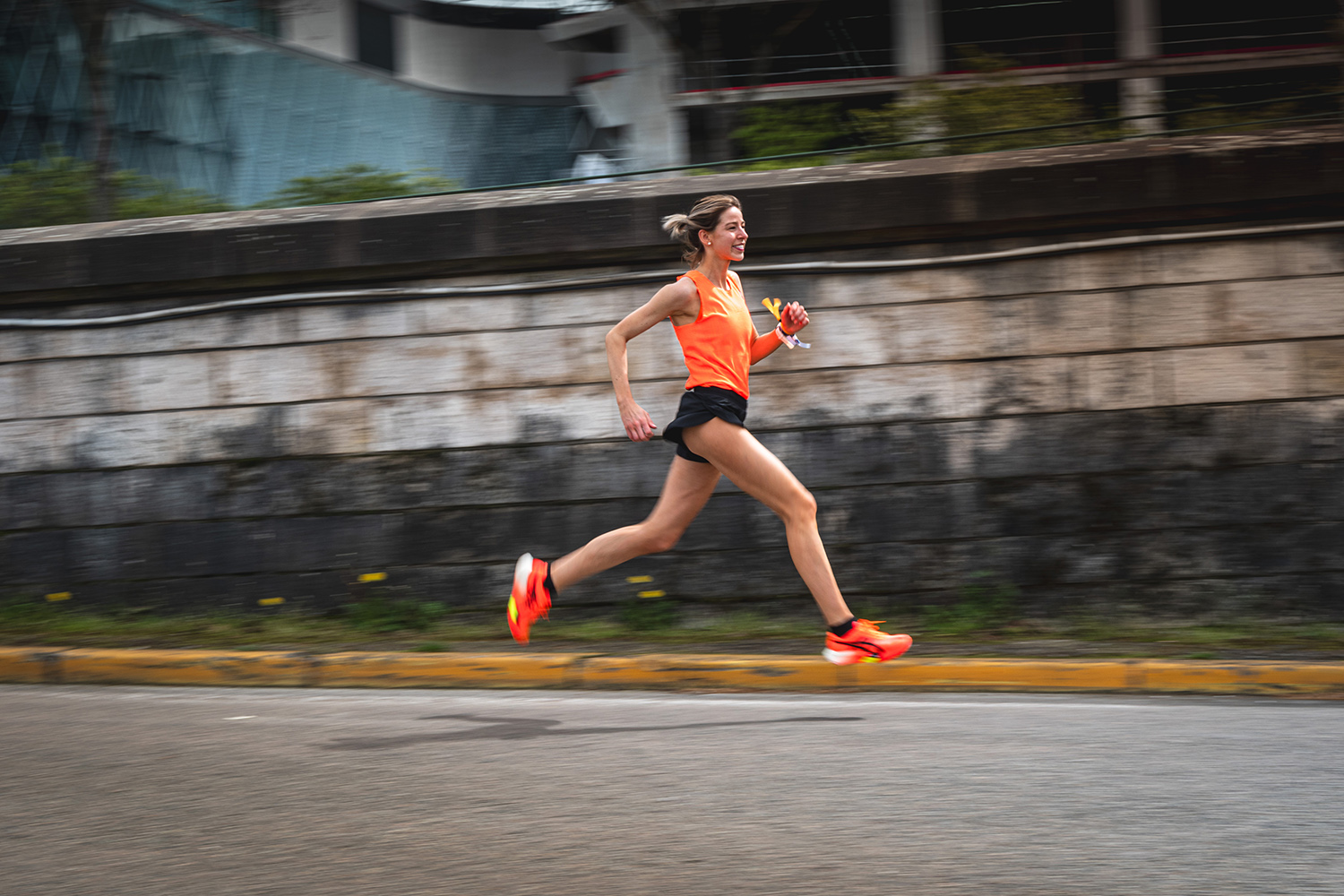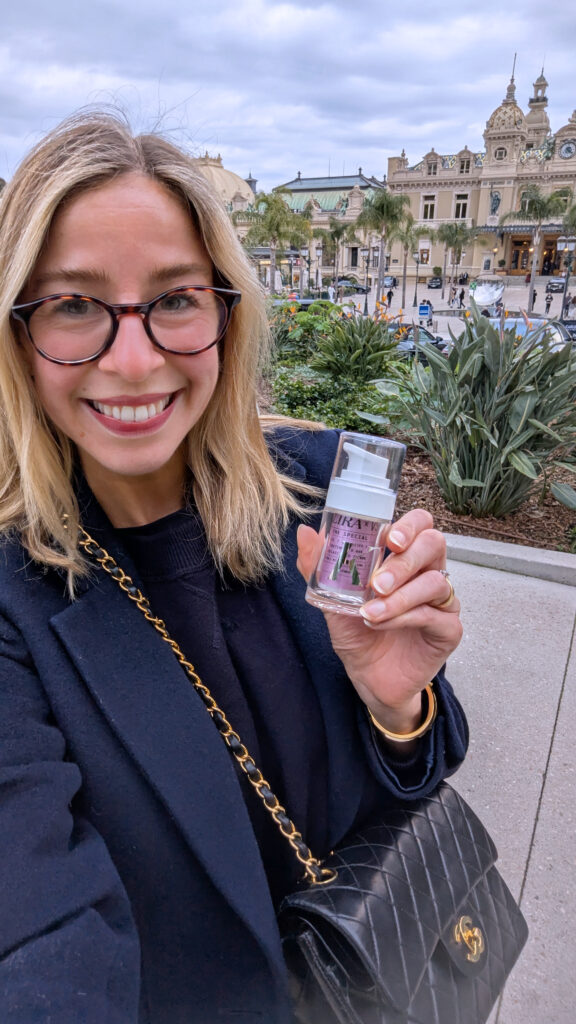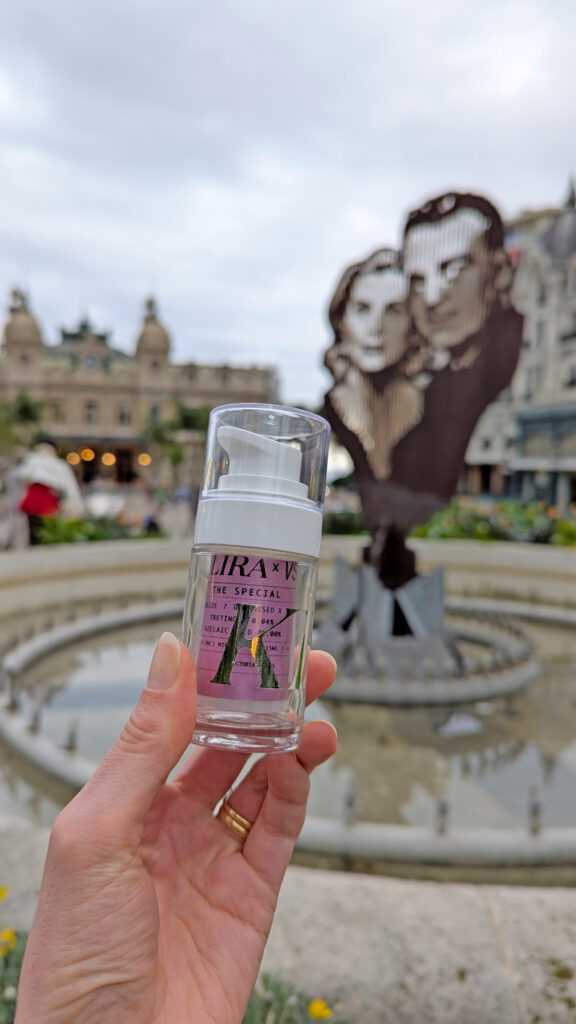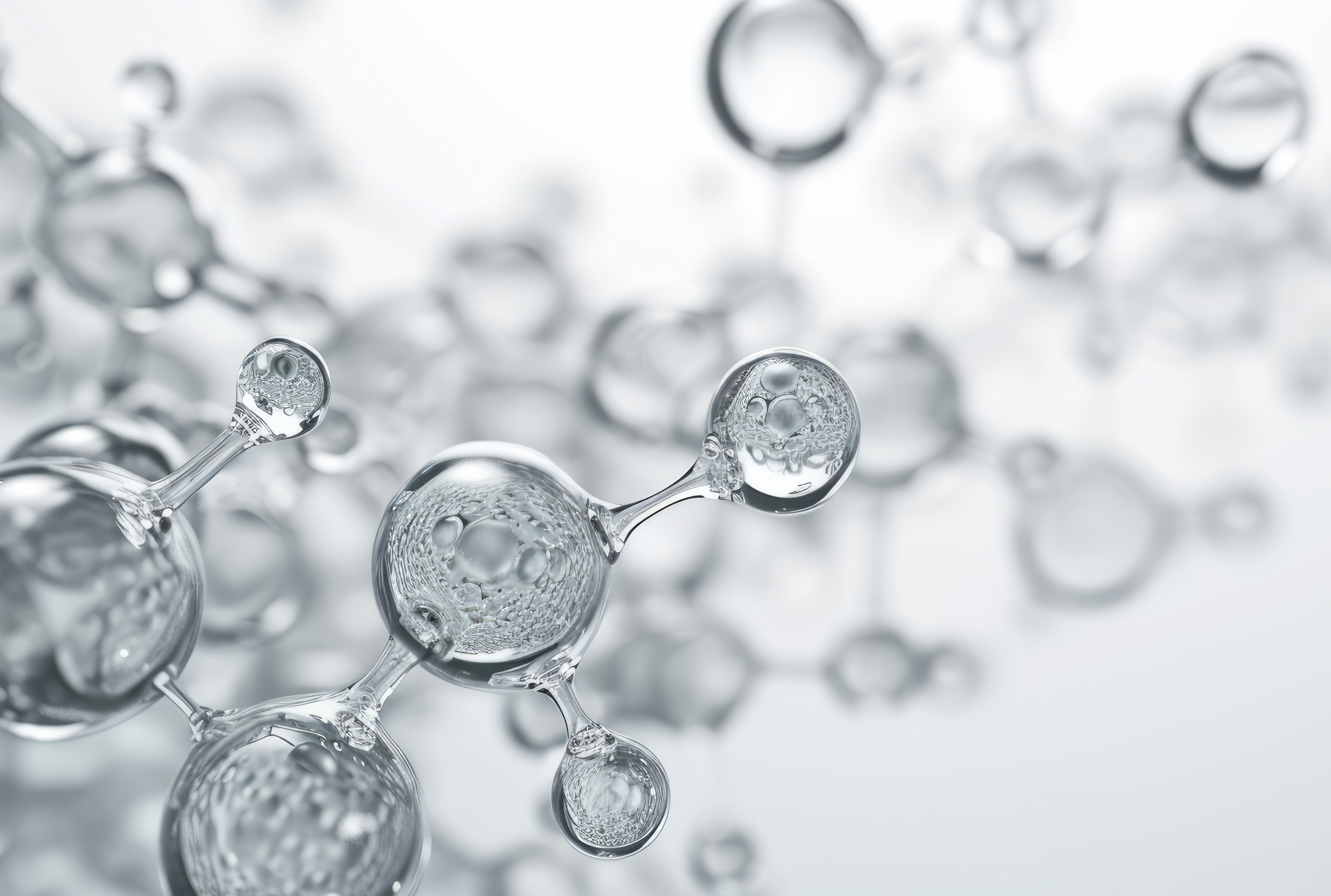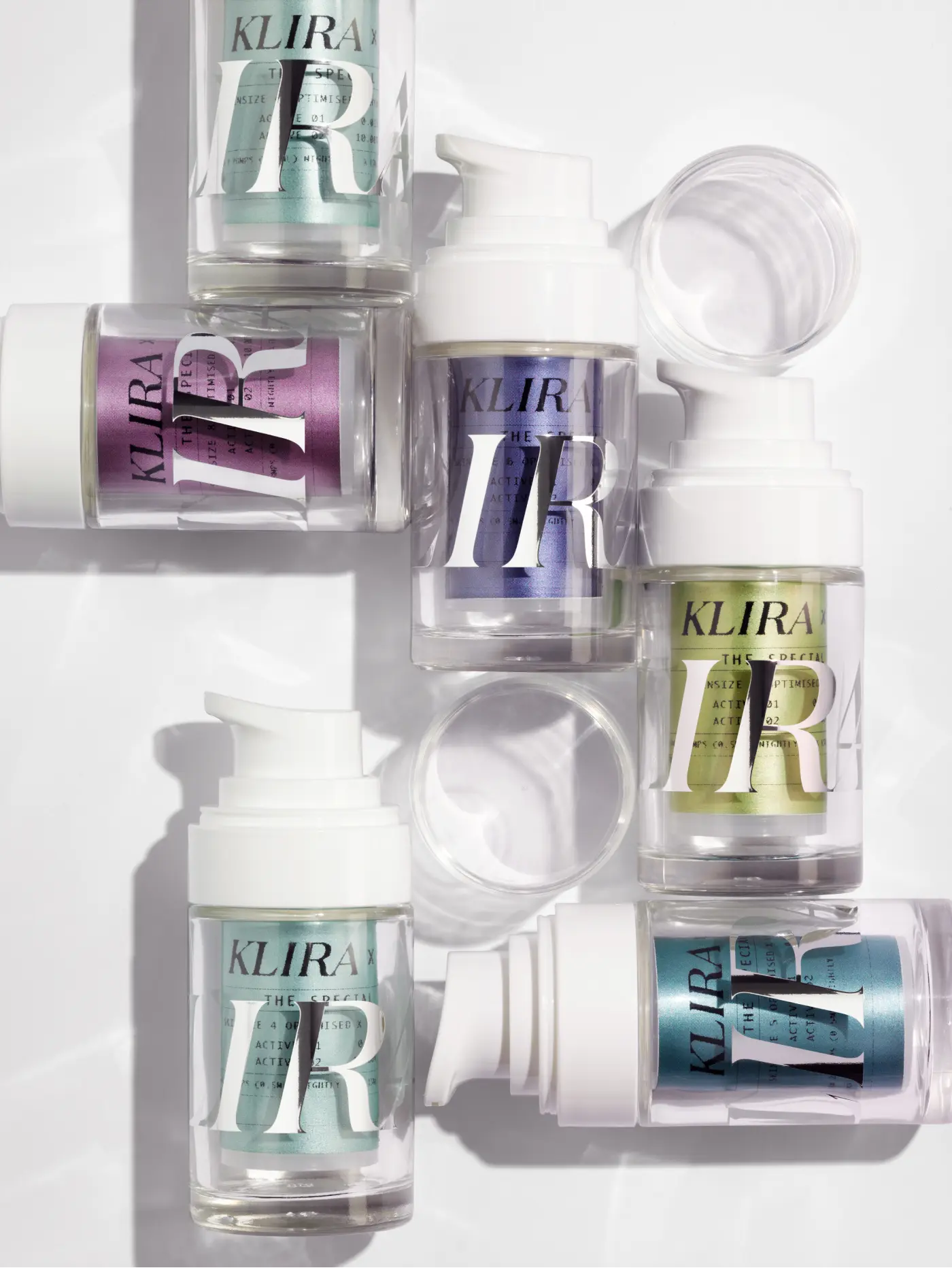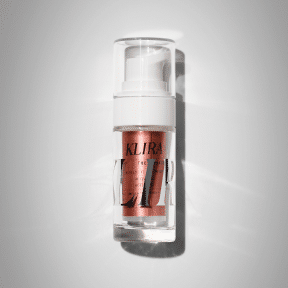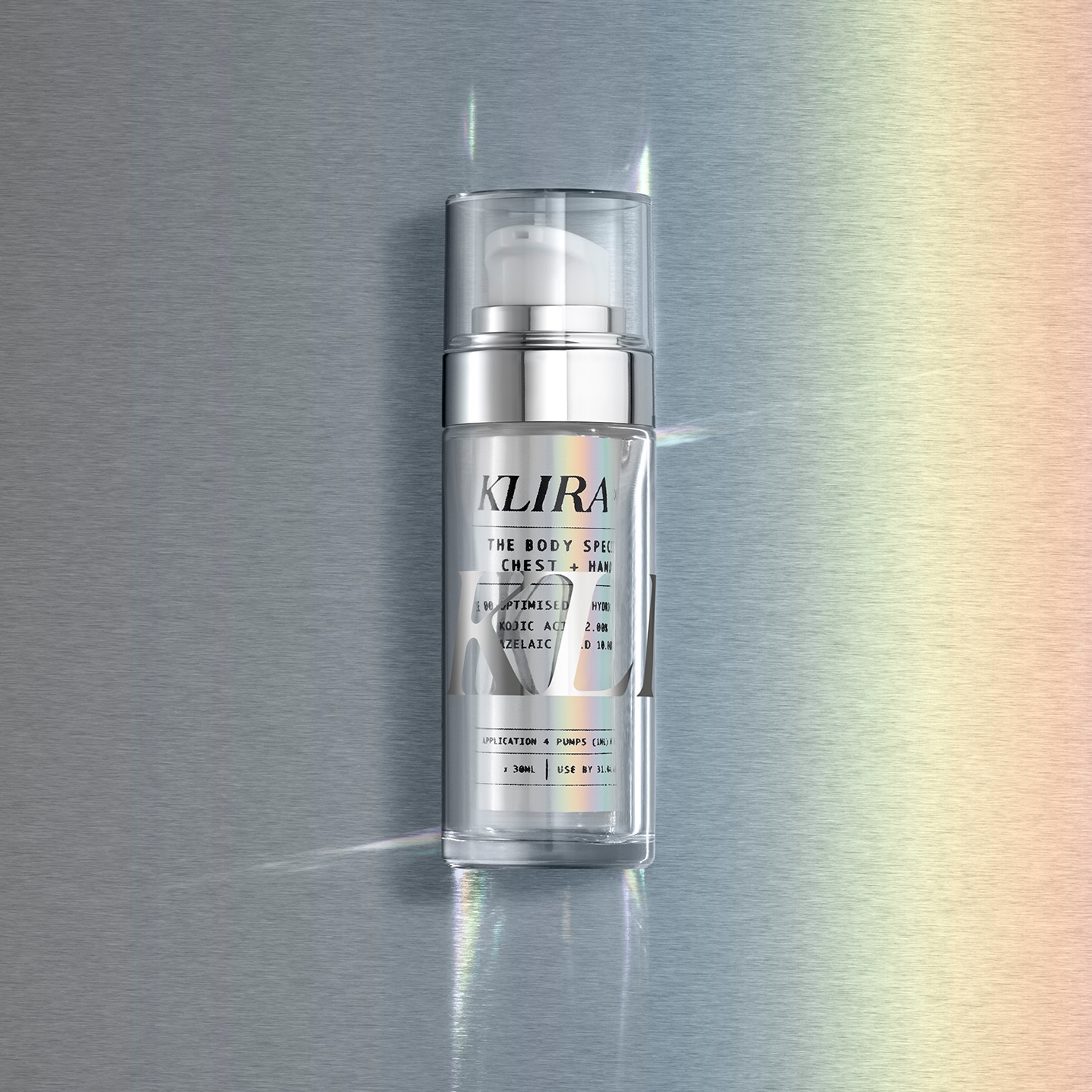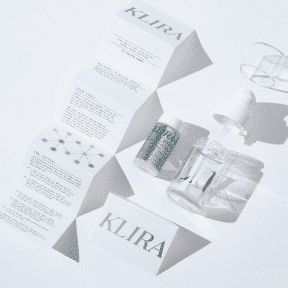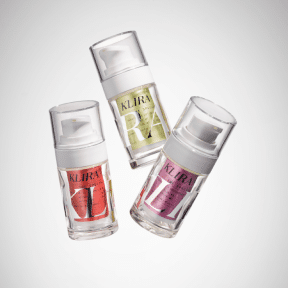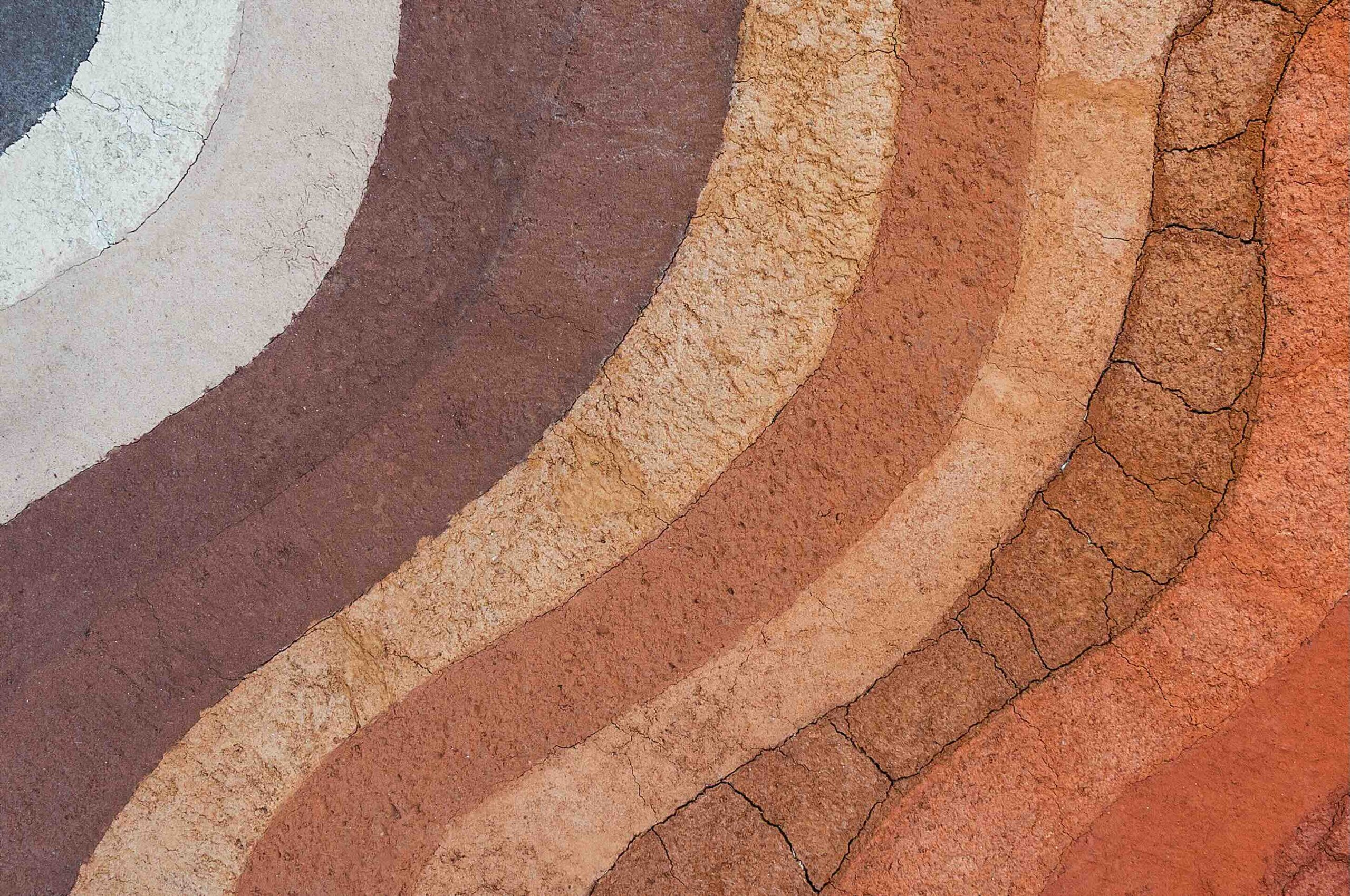
Understanding the correct order to apply skincare products is essential for maximising their effectiveness and achieving healthy skin. Each product serves a unique purpose and layering them properly ensures optimal absorption and results. In this comprehensive guide, we’ll break down exactly how to layer your skincare products for a simple yet effective routine, focusing particularly on evening (PM) and morning (AM) routines.
Why the Order Matters
The order of your skincare products directly affects their effectiveness. Skincare formulations have different molecular sizes, textures, and active ingredients, all of which determine how well they penetrate the skin. Applying products from the thinnest to the thickest texture ensures that each layer absorbs correctly and works effectively.
Evening Skincare Routine (PM)
Evening is the prime time to support your skin’s natural repair and regeneration processes. Here’s how to correctly layer your nighttime skincare products:
Step 1: Cleanser
Cleansing is the foundational step of any skincare routine. It removes makeup, sunscreen, dirt, excess oil, and environmental pollutants from your skin, preparing it for subsequent products.
How to Apply:
- Dispense a small amount of cleanser into your hands and gently massage onto your face in circular motions for about 30 seconds.
- Rinse thoroughly with lukewarm water.
- Pat your face dry gently with a clean towel.
Tips:
- Use a gentle, sulfate-free cleanser to avoid stripping your skin of its natural oils.
- If you wear heavy makeup or sunscreen, perform a double cleanse by first using an oil cleanser (e.g. Avène XeraCalm A.D Lipid-Replenishing Cleansing Oil) followed by a gentle water-based cleanser (e.g. Cetaphil Gentle Cleanser).
Step 2: Klira Special
Depending on your SkinSize™, your personalised Klira formulation typically contains prescription-strength ingredients like tretinoin, azelaic acid, or peptides, which target specific skin concerns such as acne, hyperpigmentation, or signs of ageing.
How to Apply:
- Dispense two pumps of Klira into your hand.
- Apply gently to areas of concern or evenly across your face, avoiding the sensitive skin around your eyes and mouth.
- Allow the product to fully absorb overnight without rinsing.
Tips:
- Always follow the directions provided with your Klira Special prescription.
- Apply 2 pumps of your formula consistently every evening.
Step 3: Moisturiser (Optional)
This an optional step, some users may want to apply an extra layer of moisture if they have dryer skin, whereas some users can skip this step as their Klira Special will be enough.
How to Apply:
- Gently pat it onto your face and neck.
Tips:
- Choose a moisturiser suited to your skin type, lightweight gels for oily skin and richer creams for dry skin.
Morning Skincare Routine (AM)
Your morning skincare routine should focus on protecting your skin from daily environmental stressors such as UV rays, pollution, and oxidative damage.
Step 1: Cleanser
Morning cleansing refreshes your skin and removes excess oil and any residual skincare products from the night before.
How to Apply:
- Apply a gentle cleanser and massage gently into your skin for about 30 seconds.
- Rinse thoroughly and pat dry.
Tips:
- To avoid drying out your skin in the morning, opt for a mild, hydrating cleanser, such as CeraVe Hydrating Cleanser.
Step 2: Moisturiser
A moisturiser in the morning hydrates and protects your skin throughout the day.
How to Apply:
- Apply moisturiser evenly to your face and neck immediately after cleansing.
- Pat gently into the skin rather than rubbing to avoid irritation.
Tips:
- Moisturisers with SPF are good for added convenience, but they don’t replace your standalone SPF.
- You must always use a dedicated sunscreen as the final step in your morning routine.
Step 3: Vitamin C Serum (Optional)
Your Klira Special has all the ingredients your skin needs however some users may want to ass Vitamin C serums offering antioxidant protection and brightening effects, this should be applied before SPF. This can cause irritation in more sensitive skin types and users should wait until they have used their Klira Special prescription for a few months before introducing this step.
How to Apply:
- After cleansing, apply a few drops of Vitamin C serum onto your fingertips.
- Gently pat the serum onto your face and allow it to absorb before moisturising.
Tips:
- Choose a stable Vitamin C formulation for best results.
Step 4: SPF (Essential, Never Optional!)
Sunscreen is a non-negotiable final step in every morning skincare routine. It protects against harmful UV rays, prevents premature ageing, and reduces the risk of skin cancer.
How to Apply:
- After moisturising (and Vitamin C if using), apply a generous amount of sunscreen (at least SPF 30).
- Pat, don’t rub!
- Ensure even coverage on your face, neck, chest, ears, hands, and any exposed skin.
- Allow sunscreen to absorb for a few minutes before applying makeup or stepping outside.
Tips:
- Reapply sunscreen every two hours during prolonged sun exposure.
- Spray-on SPF is convenient for top-ups throughout the day, especially over makeup or on-the-go. However, it doesn’t provide sufficient coverage for your initial morning application. For full protection, always start the day with a generous layer of cream or lotion-based sunscreen.
General Layering Tips
- Always move from thinner to thicker consistency products.
- SPF is ALWAYS the last and most important step.
- Stay consistent; skincare results improve significantly with regular, sustained use.
Conclusion
Proper skincare layering is key to achieving the best possible results. By following this step-by-step guide, you’ll optimise the benefits of each product, creating a simple yet effective routine tailored to your skin’s needs. Embrace consistency, patience, and gentle care, and you’ll soon see noticeable improvements in your skin’s health and appearance.
References
- Bos JD, Meinardi MMHM. The 500 Dalton rule for the skin penetration of chemical compounds and drugs. Experimental Dermatology [Internet]. 2000 Jun [cited 2025 May 30];9(3):165–9. Available from: https://pubmed.ncbi.nlm.nih.gov/10839713/
- Elias PM. Optimizing emollient therapy for skin barrier repair in atopic dermatitis. Annals of Allergy Asthma & Immunology [Internet]. 2022 Jan 20 [cited 2025 May 30];128(5):505–11. Available from: https://www.sciencedirect.com/science/article/pii/S1081120622000151
- Griffiths TW, Watson RE, Langton AK. Skin ageing and topical rejuvenation strategies. British Journal of Dermatology. 2023;189(Supplement_1):i17–23.
Our Dermatology Team will review your SkinSize™ Analysis, medical information, and photos to decide which ingredients you will receive in your bespoke formula.

